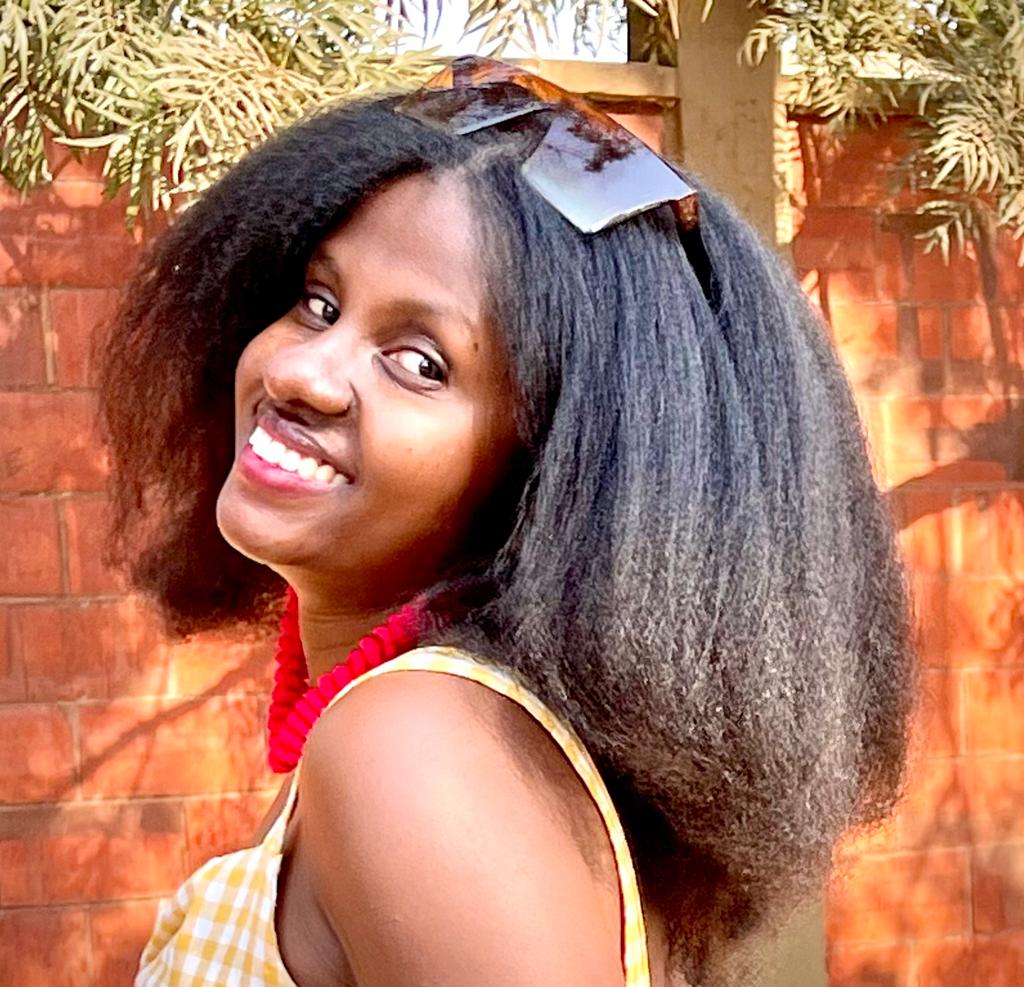

You have probably heard the statement ‘forgive and forget’ many times, but several people will tell you that that’s easier said than done. When someone hurts you, you might eventually be able to forgive, but forgetting is another thing altogether.
Some years back, news of a man who killed his neighbour’s child in a terrible accident shocked and saddened people. The baby crawled out of the house unnoticed all the way to the back wheels of the car, as the man tried to reverse the car, he had no idea there was a baby underneath, only to reverse and to his horror, realise he had run over a baby.
The child who died was the neighbour’s only kid, so you can imagine how dark that day was. This man didn’t know the kind of apology he would give to his neighbour. Yes, it was an accident, yes he was evidently remorseful, but that just doesn’t help. If you were the parent of this child, what would you do if the person expressed sincere remorse?
In less tragic scenarios, would you forgive your partner if you discovered they were cheating on you? Would you forgive a friend you found out was talking ill behind your back? Or a co-worker who spewed lies to get you fired?
Someone can hurt you so much and you wonder how to erase the pain, but the more you try to harden your heart, the more painful it gets. So, how do you calm a heavy heart?
Doreen Kirabo, a resident of Kicukiro, says five years ago she lost what she thought was a close friend. She trusted that friend but the friend stuck a knife in her back (metaphorically speaking) when she fed her boyfriend with information that led to the couple’s breakup.
"I remember exposing all my dirty linen to my best friend, little did I know that she was eagerly waiting for our downfall. The relationship that had lasted about three years, and had hopes of flourishing to marriage and all the good things to unfold, crumbled with time. But long story short, I was heartbroken when I noticed that it was my trusted friend that triggered the breakup. I spent sleepless nights crying and wondering how people can be so evil,” she says.
Kirabo says that she developed hatred and a grudge for her friend that she blocked her and never spoke to her again, but one time as she was sharing that story with her pastor, he advised her to learn to forgive as it was the only way she was going to move past the pain and bitterness.
Although it wasn’t easy, she says that she gave it a try and with time, she let go.
She explains that she forgave, but that didn’t rekindle their friendship, though she did it for her own self, to stop the rage and anger—to positively grow emotionally and psychologically.
"Although my friend didn’t ask for forgiveness, I needed to take the step to move on from stress and depression, as I had started getting bitter with other people as well. I had lost myself in the process, I needed to love and feel compassion for other people, surprisingly, it came with peace,” she says.
Kirabo is of the view that forgiveness doesn’t only relieve the heart from an inner wound, it also helps in physical wellness.
For her, forgiveness doesn’t mean that the offense was light, but it releases unresolved emotions. She also believes that forgiveness enables the person who hurt you to realise their mistakes. It doesn’t mean that the friendship will be mended easily, but it’s a process that also allows a person to focus on the strengths of the person that hurt them, because every person has a good side.
Kirabo adds that forgiveness starts from within, even when you tell someone you have forgiven them but deep down you haven’t, you are the one who hurts yourself more.
She says that self-forgiveness is important because for a long time she blamed herself for trusting blindly and easily, until she swept self- blame under the carpet, a thing she said contributed to the journey of forgiveness. "Forgiveness opened doors to happiness and I was able to find love again,” she says.
For Jean Bosco Muhire, an academician, the path to forgiveness starts with knowing why you need to forgive in the first place, and why you need healing, if you’re finding it hard to forgive, seek counselling, and avoid being a victim of pain.
He says that when you don’t want to forgive, try putting yourself in the other person’s shoes and ask yourself how their reaction would be if you had hurt them similarly. If possible, look back and recall the people you also caused pain, but were able to forgive you, regardless.
Muhire says that don’t expect the person who offended you or broke your trust to change when you forgive them—but rather, view forgiveness as a breakthrough for you, and a beginning of peace, happiness, and emotional and spiritual healing.
He also adds that if you’re the person who needs forgiveness, accept your wrong instead of giving excuses and allow the other person to forgive you when they wish or are ready.
Experts say that forgiveness also has health benefits such as creating healthier relationships, lowering blood pressure, improving mental health, lowering anxiety, stress, hostility, and symptoms of depression, boosting the immune system, improving heart health, and boosting self-esteem.


